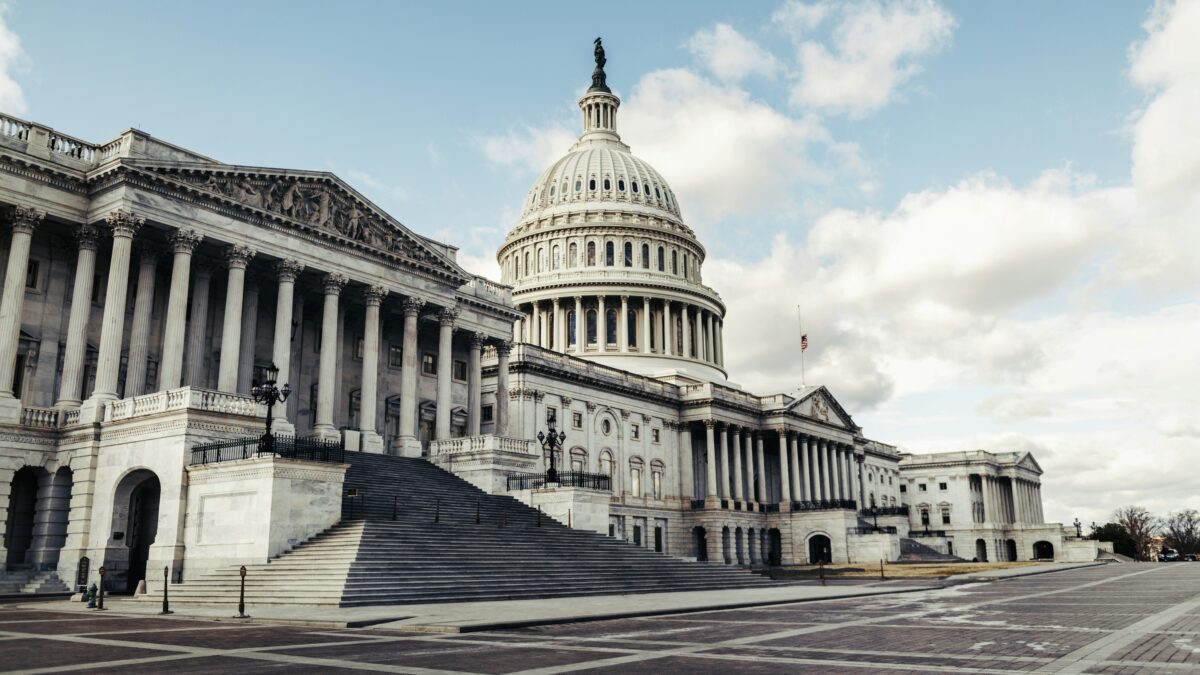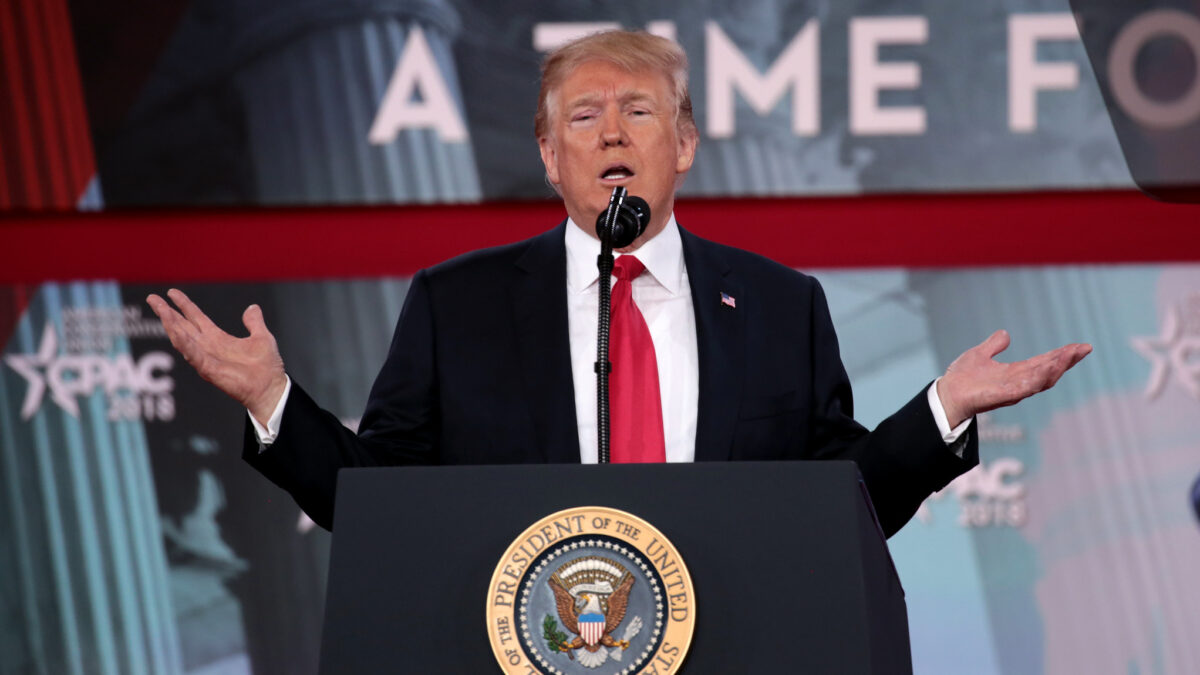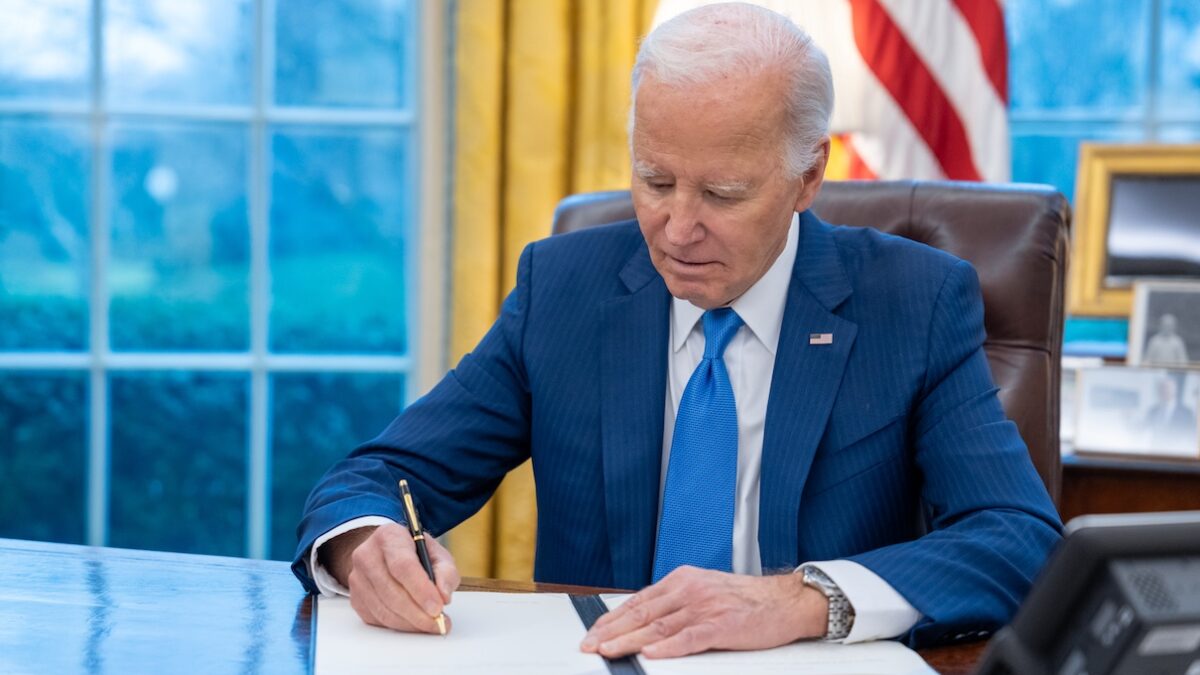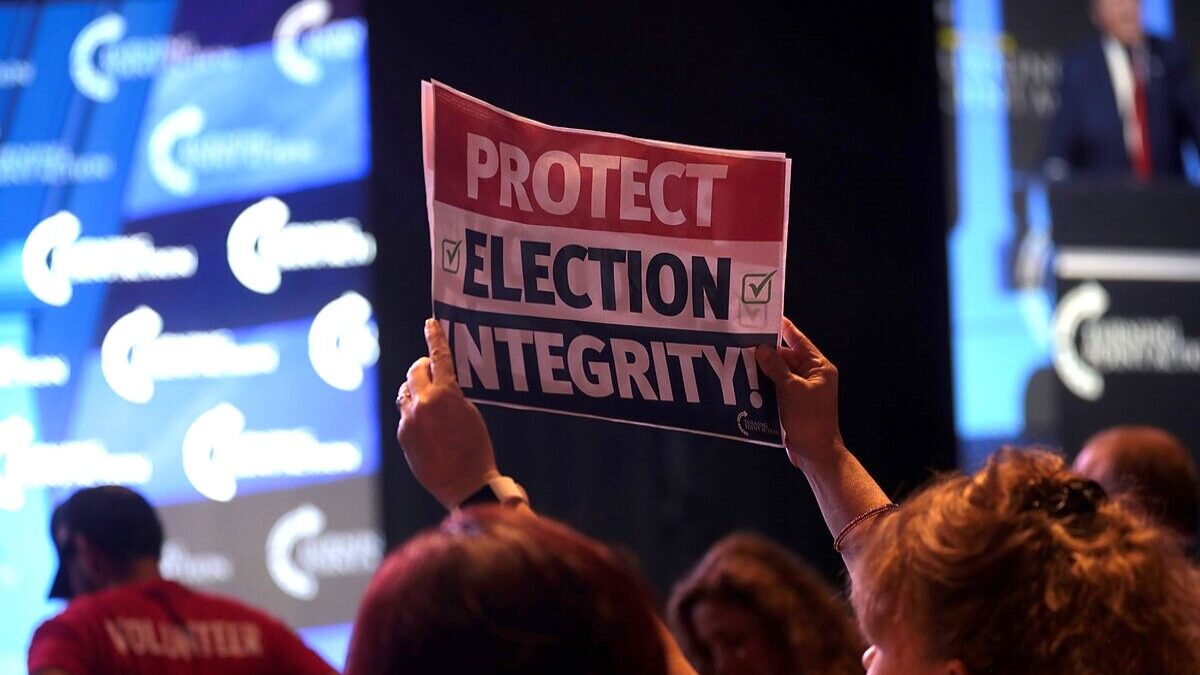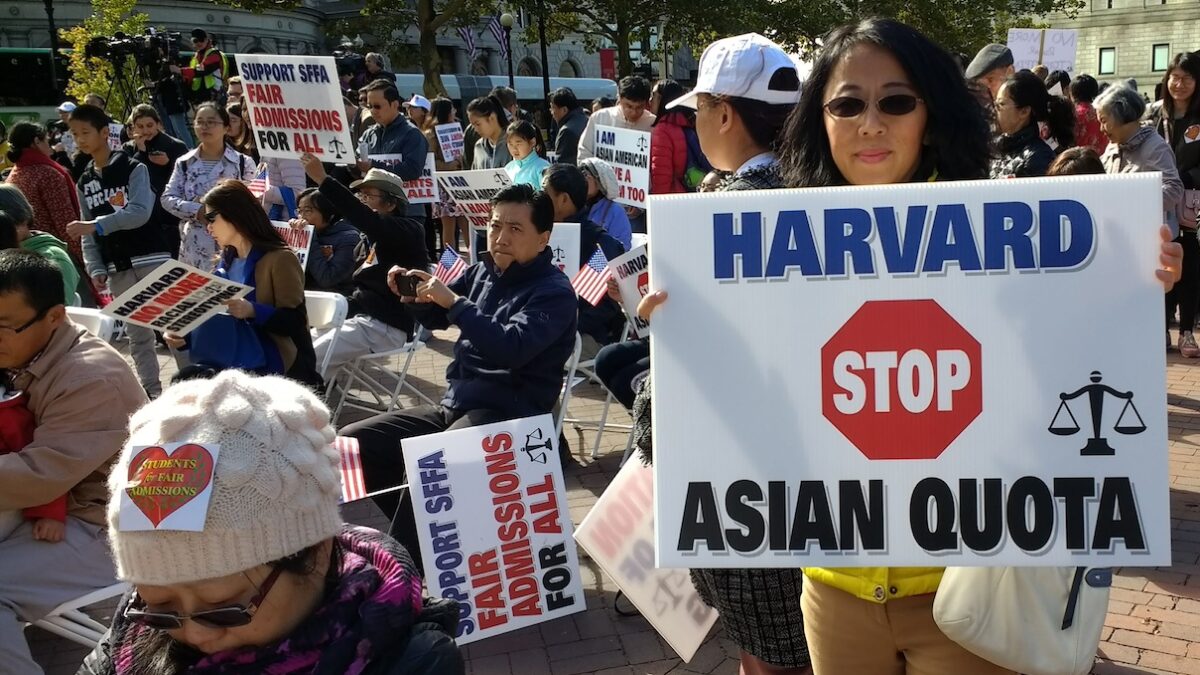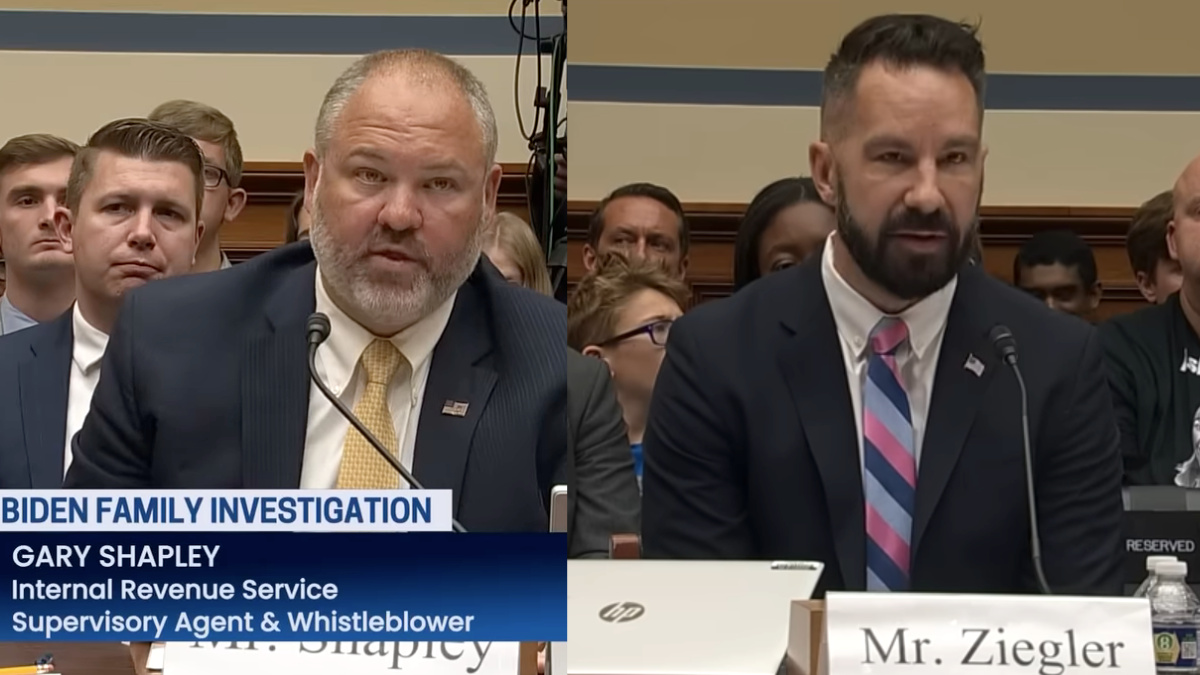In the debt ceiling agreement last spring, House Republicans passed legislation making modest changes to work requirements for certain government programs. Less than 12 months later, another congressional agreement could effectively undo that progress.
Congressional leaders recently announced an agreement on a tax package, the rumors of which had been circulating for several weeks. The House Ways and Means Committee passed the agreement shortly thereafter. In so doing, committee members took another step toward expanding the welfare state, one that will lead to more low-income families on the government rolls than in work.
Child Subsidy Changes
As previously noted, the tax agreement made changes to a child subsidy program supported by Democrats in exchange for business tax provisions favored by Republicans. The following are among the noteworthy changes to the child subsidy program included in the bill.
Refundability: The legislation increases the portion of the subsidy considered refundable — that is, the amount that households can receive as a cash payment over and above any income tax liability they have. Under current law, $1,600 of the $2,000 subsidy is refundable, but the legislation would increase that threshold to the full $2,000 in 2025. While this provision, along with the others discussed below, will technically expire in 2025, Democrats will likely move to extend all of them as part of consideration of the Trump tax plan, major portions of which will also expire next year.
While Congress calls this particular program the “child tax credit,” the term in many respects constitutes a misnomer, because most of the payments go to individuals who owe no income taxes. For instance, the Joint Committee on Taxation found that over 91 percent — or $30.6 billion of the $33.5 billion cost — of these changes to the “child tax credit” would come via outlay (i.e., spending) effects, making it much more of a welfare subsidy than a reduction in tax liability.
Inflation: The legislation indexes the $2,000 subsidy program to inflation, resulting in automatic increases in subsidy amounts every year. While this bill will not immediately increase the subsidy to the $3,600 amount Democrats included in their 2021 “stimulus” legislation, the inflation indexing means that this portion of the welfare state will now increase automatically.
Phase-In: The legislation adjusts the structure of the subsidy, such that families can qualify for the full $2,000 subsidy with much lower earnings. For instance, The Wall Street Journal, citing research from the Foundation for Government Accountability, noted that “a parent with three children could qualify for $4,800 in [subsidies] with roughly $13,000 in earnings — instead of the $34,500 needed now.”
In theory, this could provide an additional incentive to very low-income individuals, who would get more “bang for their buck” (i.e., qualify for a greater subsidy) with earnings of $10,000-$15,000. But on the other hand, once parents reach the sharply reduced amounts to qualify for the maximum subsidy, they will have less incentive to work, not more.
Earnings Test: The bill changes the requirement that parents earn at least $2,500 per year to qualify for the subsidy to an earnings requirement of $2,500 every other year. The 2020 CARES Act allowed subsidy recipients to qualify based on their 2019 earnings — a policy that made some sense at the time, given the waves of unemployment resulting from Covid lockdowns. This bill would represent the first time Republicans would sign off on legislation weakening the annual earnings requirement, outside of emergency circumstances like the Covid pandemic or natural disasters (e.g., Hurricane Katrina).
Parents Leaving the Workforce
A recent American Enterprise Institute paper looked to quantify the effects of the last change discussed above on labor markets. As with the changes to the subsidy phase-in, the revised/weakened earnings test would have twin effects. For parents who do not work at all, the change would give them additional incentive to engage in at least some work, because they could double the amount of subsidy they receive by simply working for a short period every two years.
But overall, the AEI scholars found that the earnings test change alone would cause employment to fall by a net of about 153,000 every year. And the actual effect would likely exceed the paper’s estimates since the AEI scholars conservatively assumed that the behavior of married households where both parents work would not change at all.
While the AEI scholars did not model the ramifications of the changes to the subsidy phase-in, it would likely have a similar effect — reducing the incentive to work additional hours for households with all but the smallest incomes. These two changes, along with the others included in the agreement, would move the child subsidy closer to a universal basic income model — what Democrats achieved (albeit temporarily) in the 2021 “stimulus” measure that helped stoke the inflation families continue to struggle with today.
A Bad Deal
In exchange for this expansion of the welfare state, what did Republicans achieve? The extension of some corporate tax breaks — some of them retroactively.
Yes, tax reductions can stimulate economic growth, at some times and in some instances. But there are no two ways about it: Granting retroactive tax breaks for decisions companies have already made amounts to little more than corporate welfare — and the type of corruption that explains why most citizens hold Washington in such low esteem.
Trading corporate welfare for actual welfare expansions typifies the attitude of the Beltway “uniparty.” But it doesn’t help taxpayers, and ultimately it won’t help poor families either, who deserve better policies that reward the dignity and diligence of work.
